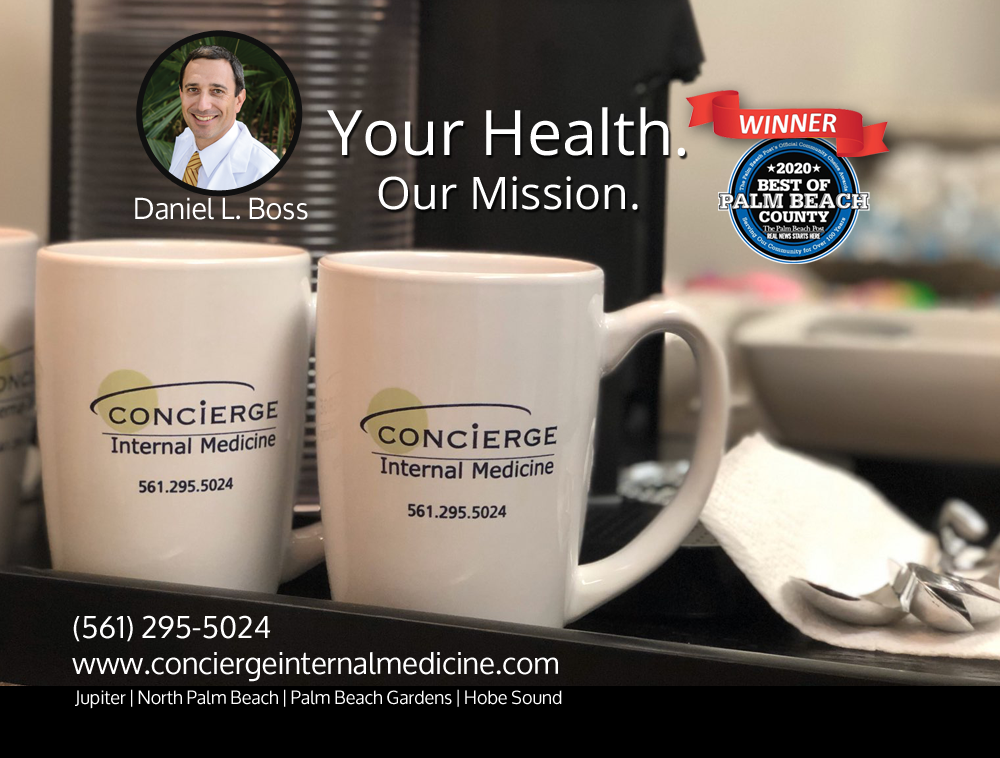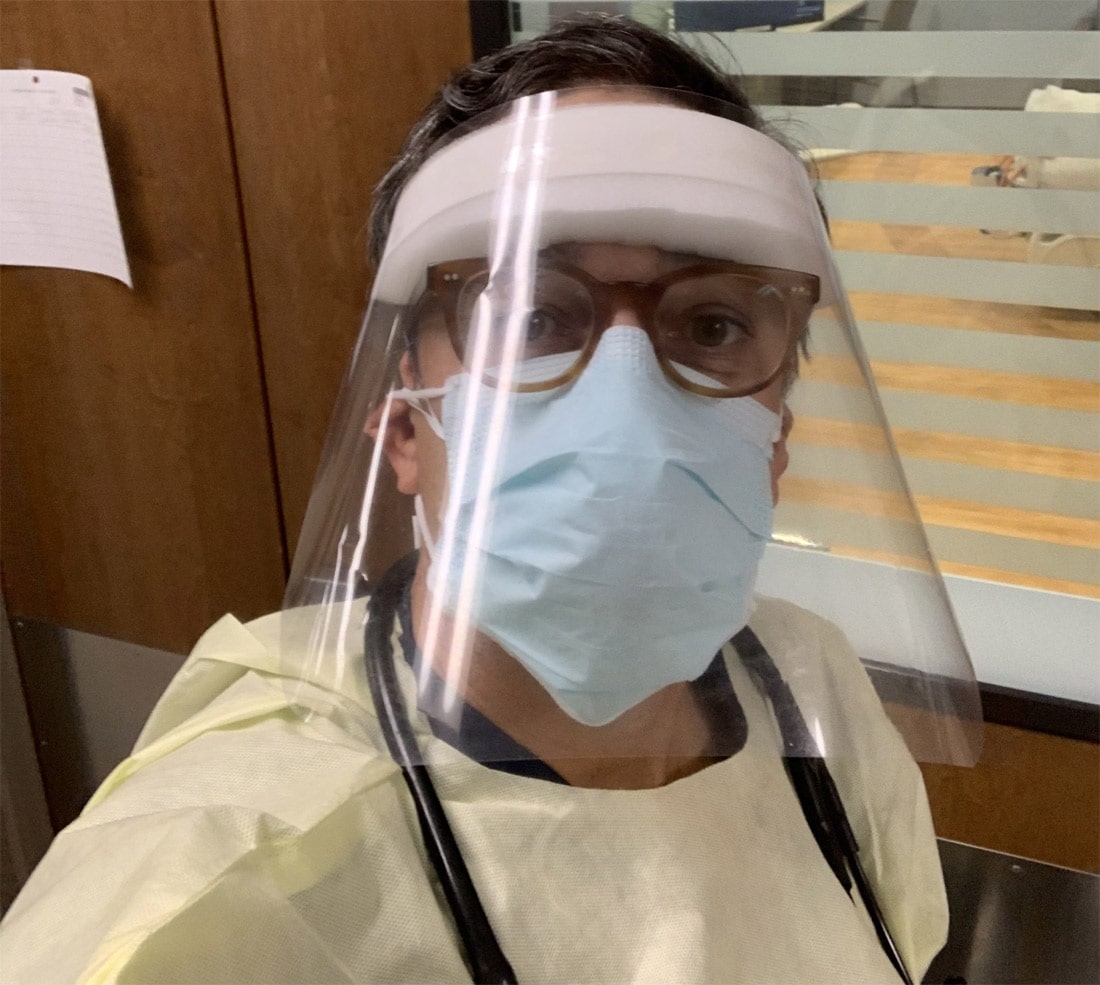Transparency in medical care is a critical element in ensuring patient trust, safety, and well-being. One of the many advantages of retaining a concierge membership is to ensure open sharing of information, pricing, quality data, and treatment options between healthcare providers, insurers, and patients. In recent years, the demand for transparency has grown as patients have become more active in managing their healthcare decisions.
Informed Decision-Making
One of the primary benefits of transparency in medical care is that it empowers patients to make informed decisions about their health. When patients have access to detailed information about their treatment options, potential risks, and costs, they can actively participate in shared decision-making with their healthcare providers. This not only leads to more personalized care but also enhances patient satisfaction and outcomes.
Cost Transparency
Healthcare costs are a significant concern for patients worldwide. Transparent pricing allows patients to understand the financial implications of their medical choices. It enables them to compare prices between providers and make cost-effective decisions that align with their budgets. This transparency can also reduce surprise billing and financial stress for patients.
Quality and Outcome Data
Transparency extends to the reporting of healthcare quality and outcome data. Publicly available data on the performance of hospitals, clinics, and individual healthcare professionals enable patients to choose providers with a track record of delivering high-quality care. This encourages providers to strive for excellence and continually improve their services.
Transparency is a cornerstone of trust in the healthcare system. When patients feel that information is being withheld or that they are not receiving the full picture of their care, trust erodes. Transparent communication between healthcare providers and patients fosters trust, leading to better patient-provider relationships and improved compliance with treatment plans.
Accountability and Safety
Transparency plays a crucial role in holding healthcare providers accountable for their actions. It allows patients to report incidents of medical errors or negligence, ultimately enhancing patient safety. Additionally, the knowledge that their actions are subject to scrutiny encourages healthcare providers to adhere to best practices and maintain high standards of care.
Regulatory Measures
Governments and regulatory bodies have recognized the importance of transparency in healthcare. Many countries have implemented legislation to promote transparency, requiring healthcare providers to disclose information related to pricing, quality, and safety. These measures aim to create a fair and equitable healthcare system.
In conclusion, transparency in medical care is not just a buzzword but a fundamental requirement for a patient-centered healthcare system. It empowers patients to make informed decisions, ensures fair pricing, enhances trust, and holds healthcare providers accountable for their actions. As the demand for transparency continues to grow, it is essential for healthcare organizations and policymakers to prioritize and implement measures that promote transparency, ultimately leading to improved healthcare outcomes for all.












